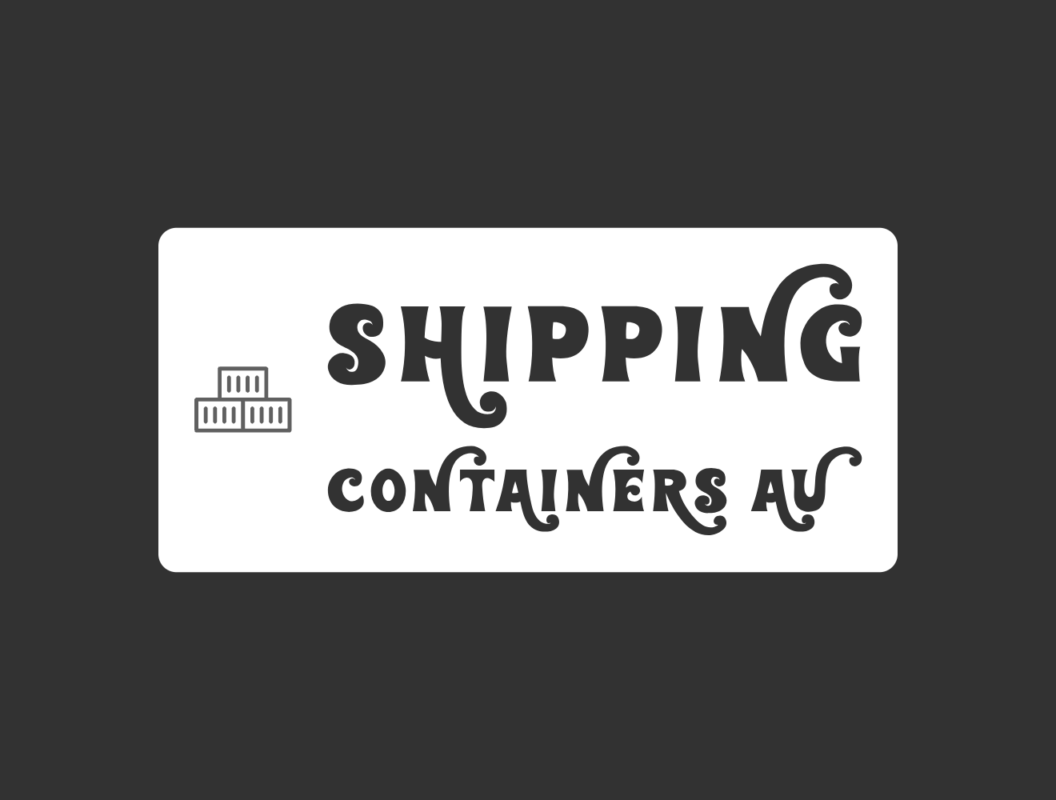Blog
40 FT SHIPPING CONTAINERS
The Ultimate Guide to Shipping Containers: Versatile, Secure, and Affordable Storage Solutions
Shipping containers have come a long way from their traditional use in global trade. Today, they are an essential part of storage and transport solutions for both businesses and individuals alike. Whether you’re looking for extra space, mobile storage, or a temporary solution, shipping containers offer unmatched durability, security, and flexibility.
In this blog post, we’ll explore everything you need to know about shipping containers, including their benefits, uses, and why they are one of the most cost-effective solutions available.
Why Choose Shipping Containers for Storage?
1. Durability and Strength
Shipping containers are built to withstand the harshest environments, from ocean voyages to extreme weather conditions. Constructed from heavy-duty steel, these containers are incredibly strong, ensuring your goods are safe and secure. Whether you’re storing tools, equipment, or personal items, shipping containers can handle whatever you throw their way.
2. Cost-Effective Storage Solution
One of the main reasons people choose shipping containers is their affordability. Unlike renting traditional storage units, which can become costly over time, shipping containers offer a one-time investment for long-term storage needs. Plus, they are incredibly versatile and can be used for a wide variety of purposes, making them a great return on investment.
3. Flexibility and Customization
Shipping containers are highly adaptable. Available in various sizes, they can be customized to meet your specific needs. Need additional shelving, ventilation, or even windows? It’s possible to modify your container to ensure it suits your particular requirements. You can also choose from a range of container types, including standard, high-cube, refrigerated, and open-top containers.
4. Secure and Weatherproof
When it comes to security, shipping containers are hard to beat. Their steel construction makes them nearly impossible to break into, and many containers come with secure locking mechanisms for added protection. Additionally, shipping containers are weatherproof, making them perfect for storing sensitive items that need to be kept dry and safe from the elements.
5. Portability
Another standout feature of shipping containers is their portability. These units can be easily transported from one location to another, making them ideal for temporary or mobile storage. Whether you’re renovating your home, moving across the country, or need a temporary storage solution for an event, shipping containers offer the flexibility to move storage as needed.
Common Uses for Shipping Containers
Shipping containers are used in a variety of industries and applications. Some of the most common uses include:
- Commercial Storage: Retailers, warehouses, and construction sites often use shipping containers to store inventory, equipment, and supplies.
- Residential Storage: Homeowners use containers for extra storage during home renovations, or simply to declutter their homes.
- Mobile Offices: With the right modifications, shipping containers can be turned into portable offices, perfect for remote locations or temporary workspaces.
- Pop-up Shops and Events: Shipping containers are also being transformed into retail spaces, food vendors, and even bars for pop-up events, festivals, and concerts.
- Emergency Storage: In case of a natural disaster, shipping containers offer a quick and reliable way to store emergency supplies and equipment.
How to Choose the Right Shipping Container
When selecting a shipping container for your needs, consider the following factors:
- Size: Shipping containers come in various sizes, from 10 feet to 40 feet. Think about how much space you need to store your items and choose accordingly.
- Condition: Containers are available in different conditions, including new, used, and refurbished. If you’re on a budget, used containers can offer excellent value without compromising on quality.
- Modifications: If you need a container that meets specific requirements, such as additional insulation or shelving, inquire about customization options.
- Delivery: Ensure that the supplier can deliver the container to your location. Many companies offer delivery services at an additional cost.

